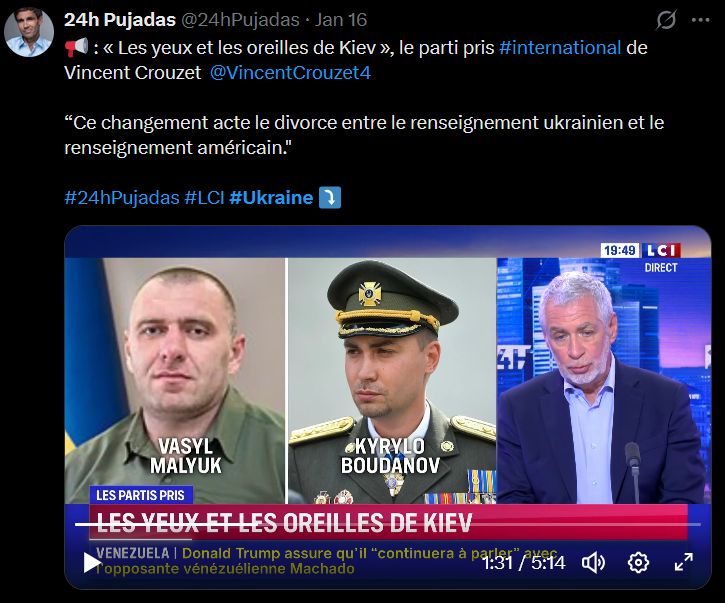
For some people this piece of news is a new political tone of the US and for others, just the age-old debate between truth and tact. Well, in a rare moment of blunt criticism, the U.S. president (Donald Trump) recently described the Russian authoritarian president Vladimir Putin who leads an aggressive war towards Ukraine as “absolutely crazy.” This outburst came after Russia launched one of its most intense aerial assaults on Ukraine since the war began, killing civilians and sending shockwaves through the international community.
“He has gone absolutely CRAZY! He is needlessly killing a lot of people,” Trump wrote, sharply departing from his historically more neutral — and at times complimentary — tone toward Putin. The president’s choice of words, especially as he positions himself for a good peacemaker, has stirred up a wider discussion that extends beyond geopolitics. At its core, his statement forces us to revisit an age-old philosophical question: “Is it better to tell the harsh truth or to smooth it over with palatable half-truths or white lies?”
Trump has long branded himself as someone who “tells it like it is.” Whether discussing immigration, foreign leaders, or domestic policy, he tends to avoid diplomatic filters. His latest comments about Putin exemplify that approach! To some, this honesty is refreshing — a political figure willing to speak bluntly in a world of polished ambiguity. To others, it’s reckless, inflammatory, and potentially dangerous when dealing with volatile foreign powers.
Yet Trump’s words reflect more than just personal style. They speak to a broader tension that exists in leadership, diplomacy, and everyday life: When, if ever, is a white lie more acceptable than an uncomfortable truth?
There’s a long tradition of leaders opting for vague or softened language to avoid provoking conflict. Diplomacy, after all, is often described as the art of saying “nice doggie” while reaching for a bigger stick. But history also shows that honesty — however jarring — can be a moral and strategic asset.
Historically, honesty has been lauded as a virtue in leadership. For instance, President Abraham Lincoln, known as “Honest Abe,” is remembered for his integrity and straightforwardness. Similarly, President Harry Truman’s decision to display a sign reading “The Buck Stops Here” on his desk emphasized accountability and transparency. Yes, the same Truman, who didn’t shy away from hard decisions or tough words. Or Winston Churchill, who told the British people (during World War II) that he could offer them only “blood, toil, tears, and sweat.” These leaders knew that truth, when delivered with conviction and purpose, can rally people and force accountability.
Of course, honesty isn’t always easy or even appreciated. In today’s hyper-partisan, media-saturated world, it often comes with backlash. Trump himself has seen this — supporters praise him for his outspokenness, while critics condemn it as dangerous posturing. But regardless of opinion, there is little denying the power of his words. Calling Putin “crazy” doesn’t just express a personal opinion; it marks a rhetorical shift that could influence public sentiment and future policy.
There’s also a strategic element to this moment. Trump may be trying to reposition himself in light of changing global attitudes. Support for Ukraine remains strong in the West, and public patience with Russia’s aggression is wearing thin. By distancing himself from Putin, Trump may be attempting to appear more in line with mainstream sentiment (or perhaps to draw contrast with (ex-) President Biden’s handling of the conflict.)
Whatever the reason, the consequences of speaking truth are really complex. Honesty can lead to progress, clarity, and integrity. But it can also provoke conflict and instability, especially on the world stage. That’s why leaders often walk a tightrope, balancing candor with caution.
Still, honesty has a way of cutting through noise. It can clarify intentions, challenge injustice, and strip away the comfort of delusion. When someone powerful person says “This is madness!,” it makes others ask: “Is he right? And what should we do about it?”
As the war in Ukraine drags on and political rhetoric intensifies ahead of the U.S. election, moments like these matter. They reflect not just political strategy, but deeper questions about how we communicate, how we lead, and whether we believe that uncomfortable truths are more valuable or more dangerous than soothing lies.
In a time when truth itself often feels up for debate, Trump’s unexpected jab at Putin serves as a reminder: words still matter, especially when they come from people who have shaped history and may soon shape it again.
Sources:
https://www.npr.org/2025/05/26/nx-s1-5412389/trump-putin-absolutely-crazy
https://www.bbc.com/news/articles/c4g2wz74jdzo
https://www.cbsnews.com/news/russia-ukraine-war-trump-putin-crazy-kyiv-missile-drone-attack




